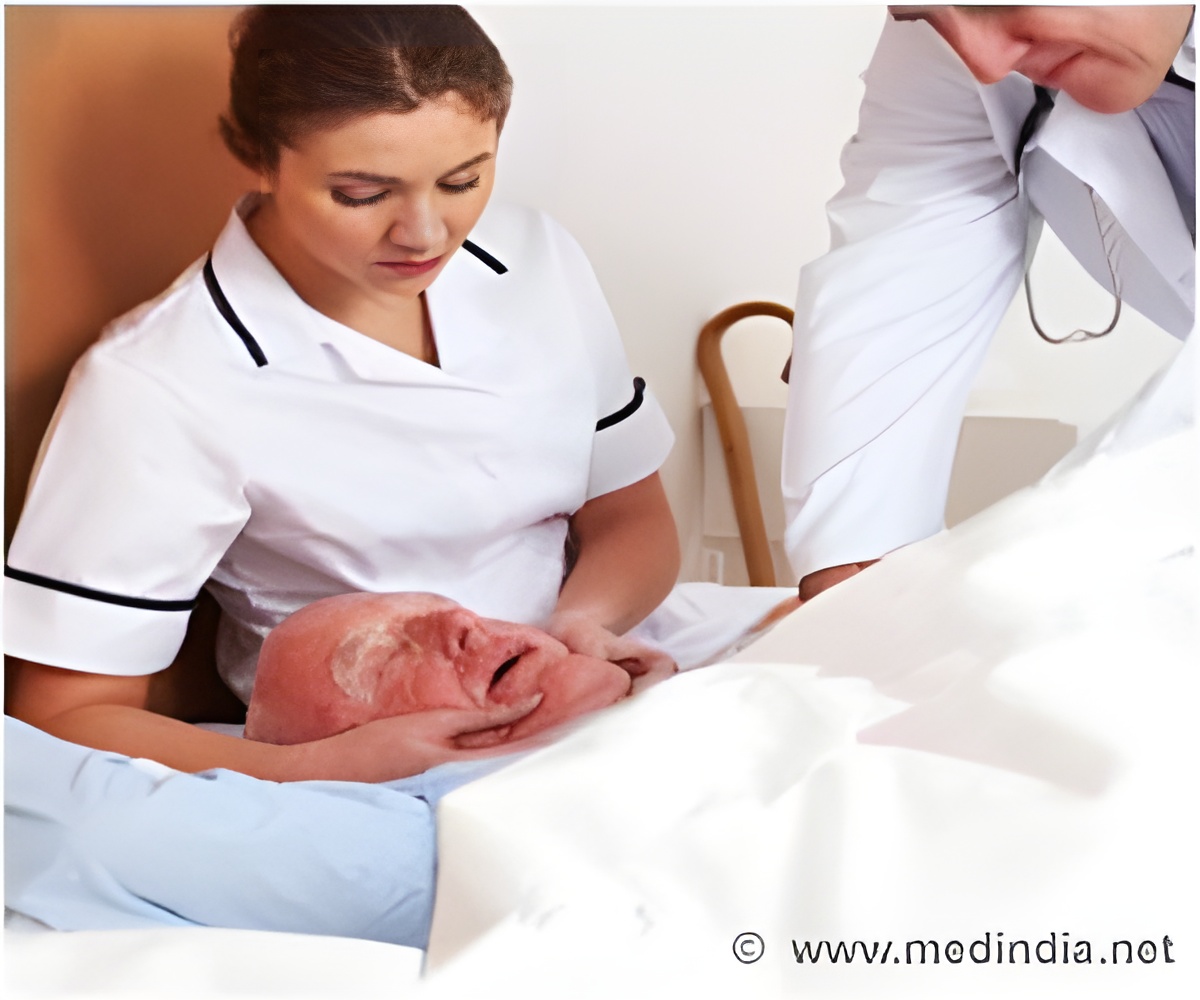In a report on bmj.com, an expert argues that many care homes provide first rate care, despite relentless negative media coverage.

His views come after he was asked to be a consultant adviser for an undercover television exposé of nursing homes.
Media reporting of care homes is rarely positive, he writes, yet the latest report from the Care Quality Commission (the independent regulator of social care in England) states that 86% of homes that admit residents supported by local councils are "good" or "excellent," with only 1% "poor – "a remarkable situation that received little media attention," notes Professor Mulley.
A recent report of the British Geriatrics Society, Quest for Quality, also concludes that there are many examples of good practice in care homes, which improve the quality of life and end of life care for residents.
This negative reporting can upset relatives and dismay staff, says Professor Mulley, and must add to the guilt felt when a loved one eventually goes into a home.
He acknowledges that the media have a role in rooting out poor care, but suggests that "in addition to reporting poor standards, the media and high profile individuals should celebrate the many unsung examples of extraordinary long term care."
Advertisement
Sir Michael Parkinson, recently the national ambassador for the Dignity in Care campaign, also described excellent care given by inspirational people, but heard about lack of privacy, food, and fluids. His mother received both wonderful nursing and undignified care.
Advertisement
Source-Eurekalert








